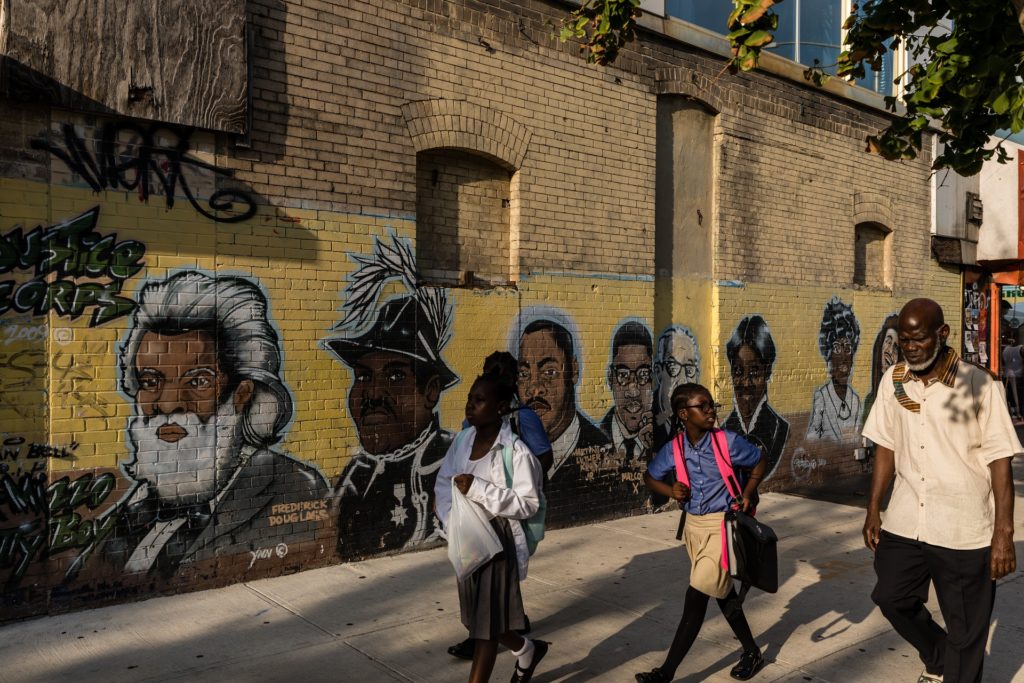NYC tries remedy for grim inequity: Life-threatening birth complications in hospitals serving mostly black moms
Ultimately, racism sets stage: Maternal poor health, poverty & economic stress

If you’re black and plan to have a baby in Central Brooklyn, the odds are much higher than average that something will go terribly wrong.
Studies have shown that women who deliver at NYC hospitals that disproportionately serve black mothers — especially those in Central Brooklyn — are at a much higher risk of serious complications and death than those who serve mostly white women.
The city announced a plan on Monday to address this shocking statistic. The goal of the city’s five year $12.8 million plan, introduced by Mayor Bill de Blasio, first lady Chirlane McCray and a host of city officials, is to eliminate the disparities between black and white women and reduce by half the number of life-threatening complications in hospitals that serve a high number of black women.
